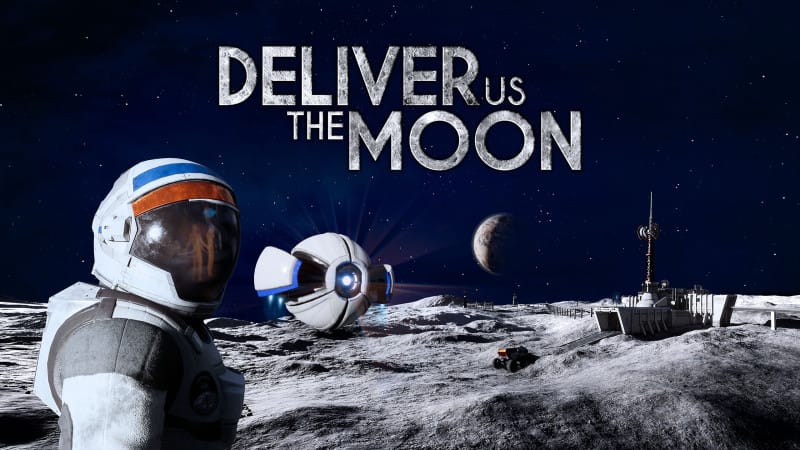Take Us to the Moon and the Absolute Truths

This Is Just a Game… Or Is It?
I came across this game while scrolling through social media. I watched a bit and even ended up playing it myself. I thought it might be something fun to try with my son. Normally, I don’t have much time for things like this, but the story really caught my attention.
Here’s the plot:
Sometime between 2030 and 2050, humanity—us—has made Earth nearly uninhabitable. Nature can no longer heal itself, energy resources have been depleted, and as a result, the climate has turned life into a nightmare. Sandstorms, global warming—everything has spiraled out of control.
But then, once again, mankind finds a way. We go to the Moon and discover a rare mineral, managing to send its energy back to Earth. This power keeps humanity going for a while. Until one day, suddenly and inexplicably, the energy stops. The world descends into darkness. Hospitals, life-support systems, even a space station—everything begins to shut down, using their final drops of power.
Using this very last bit of energy, a spacecraft is launched to the Moon—with a lone traveler aboard—to investigate what happened and try to restore the power.
That’s how the story begins. Full of intrigue, riddles, and tragic tales. But I won’t go into all of that here. If you’re curious about the game’s plot, there are plenty of channels on YouTube that explain it.
I mention this game for a very different reason.
At the end of the second installment of the game, I encountered a brief dialogue between a father and daughter:
“Could we be better than this?”
“Everyone is doing what they think is best.”
Those two sentences really got me thinking.
It’s true, isn’t it?
Throughout human history, the world has witnessed immense suffering, sin, and atrocities. But were all those who committed them truly evil? Who was in the wrong? And how do we even decide that?
For example, if you were to hear the story of how World War II began from Adolf Hitler’s perspective, it would paint one picture. But if you read it from history books written by the rest of the world, you’d see a completely different one.
I’m not a historian, but I enjoy studying history. And from that perspective, I’ve realized it’s not so easy to find someone truly innocent in historical narratives. On top of that, it’s even harder to get to the real truth. Why? Because history is often interpreted through personal lenses or cultural narratives. And more often than not, it’s written by the winners—or at least the survivors.
After all, we almost always hear the story from the hunter…
Even on a smaller scale—say, within families—it’s often hard to agree on what’s “right.”
So, what’s the reason?
“In those days there was no king in Israel. Everyone did what was right in his own eyes.”
– Book of Judges
This verse from the Bible describes a similar situation. But what’s wrong with that, really?
No matter what people say, the human heart is selfish by nature. And our understanding is limited. We interpret events from our own point of view.
So just because someone is doing what seems right to them, doesn’t necessarily mean they’re doing what’s good. Let me give you a lighthearted (and possibly fictional) example to illustrate this:
A woman asks her house helper to bring a packed lunch to her daughter at school.
When the helper asks, “How will I know which girl is yours?”
She replies, “She’s the prettiest one in the class.”
So the helper walks into the classroom, looks around, and—seeing her own daughter as the prettiest—hands the lunch to her!
Funny… but revealing.
Wouldn’t it be amazing if there were someone who could truly see things from above, understand every point of view, examine every heart—someone who is just, merciful, loving, and free from selfishness or corruption?
Isn’t there a voice deep inside us all crying out for such a judge?
Maybe it’s time we moved beyond the idea of “everyone doing what’s right in their own eyes,”
and started considering the need for an Absolute Truth—
one that doesn’t come from culture or geography, but from God.
Because right now, everyone is doing what they think is right…
Are we happy with the result?
Probably not…
With love.